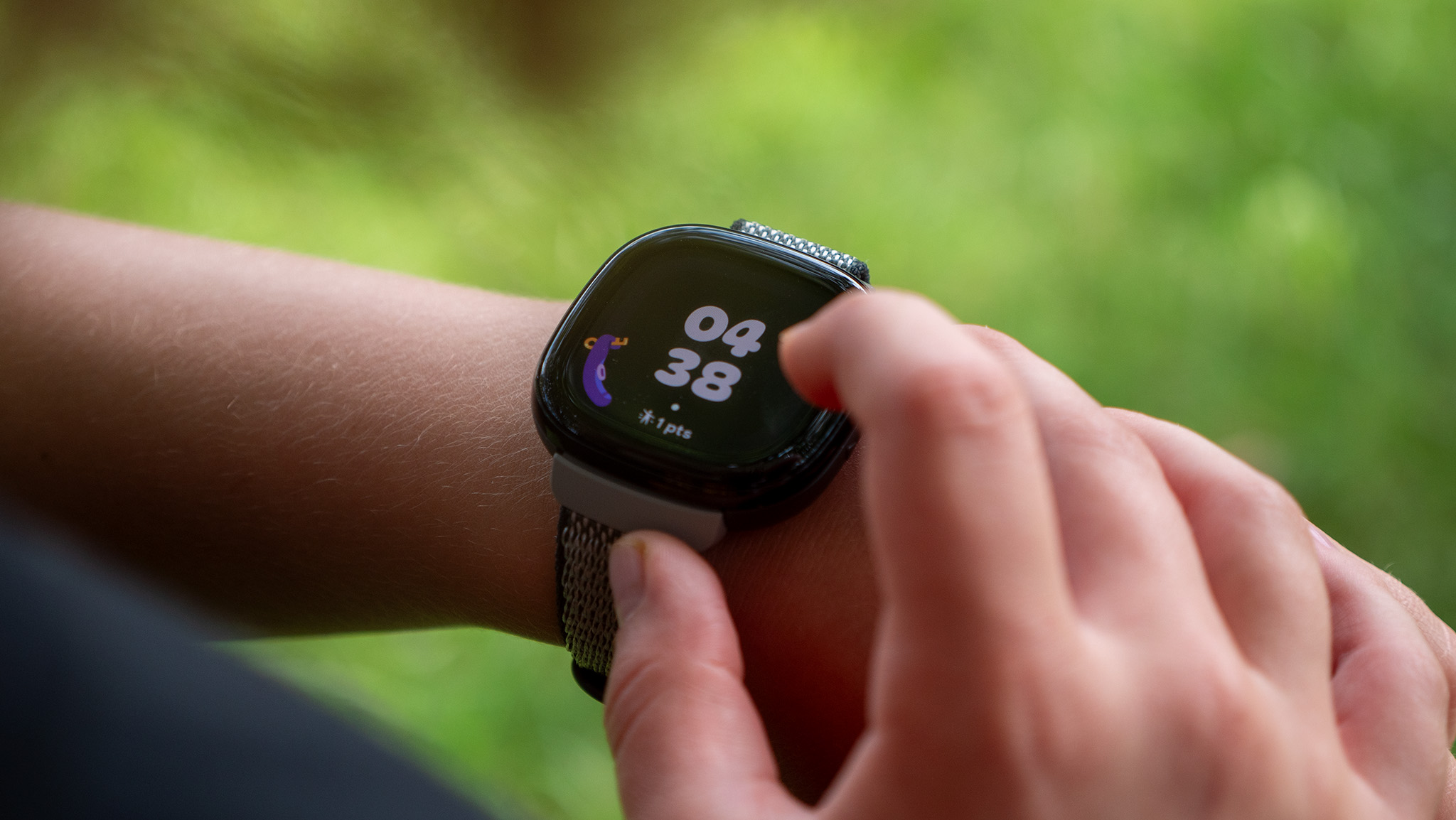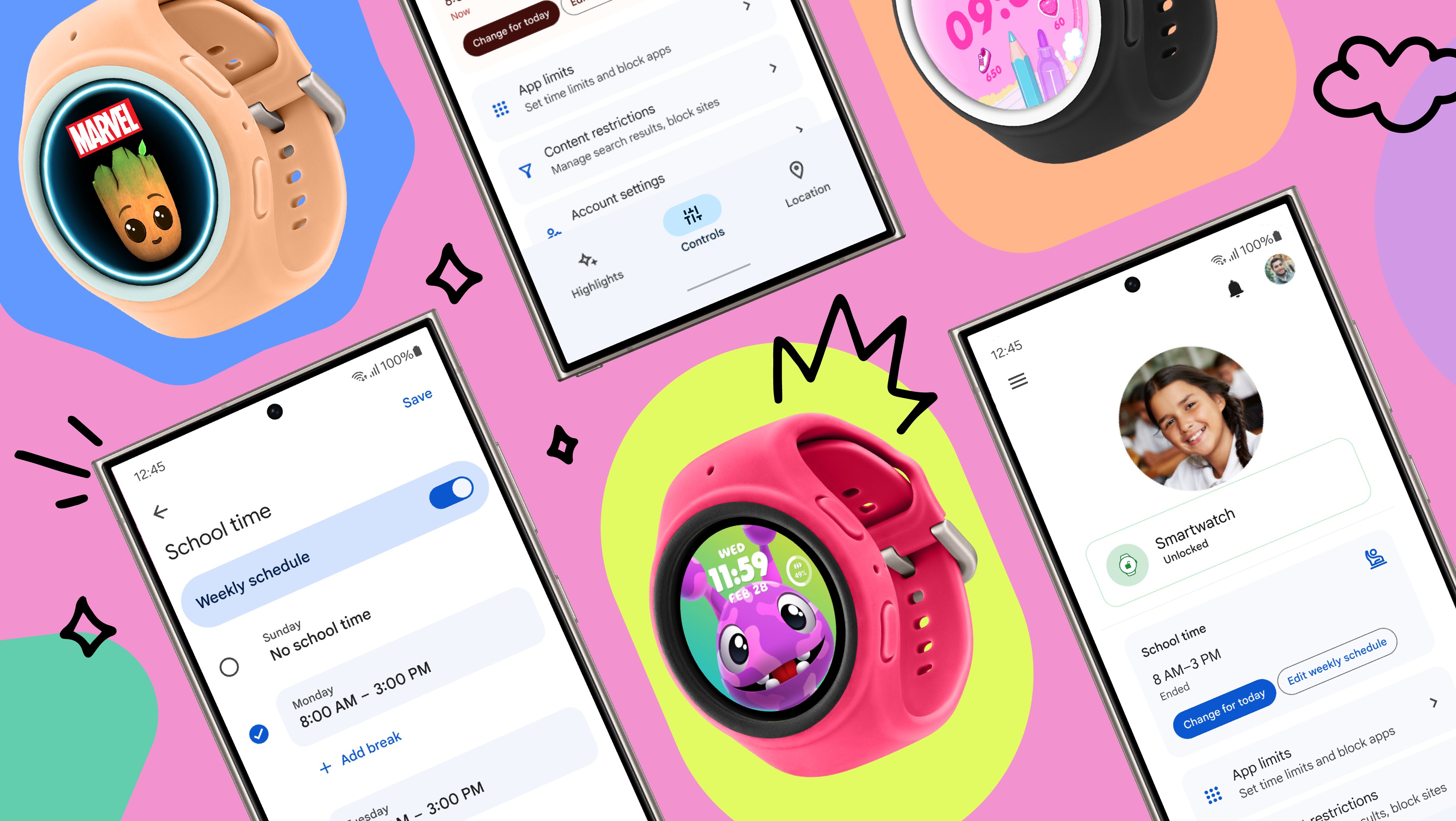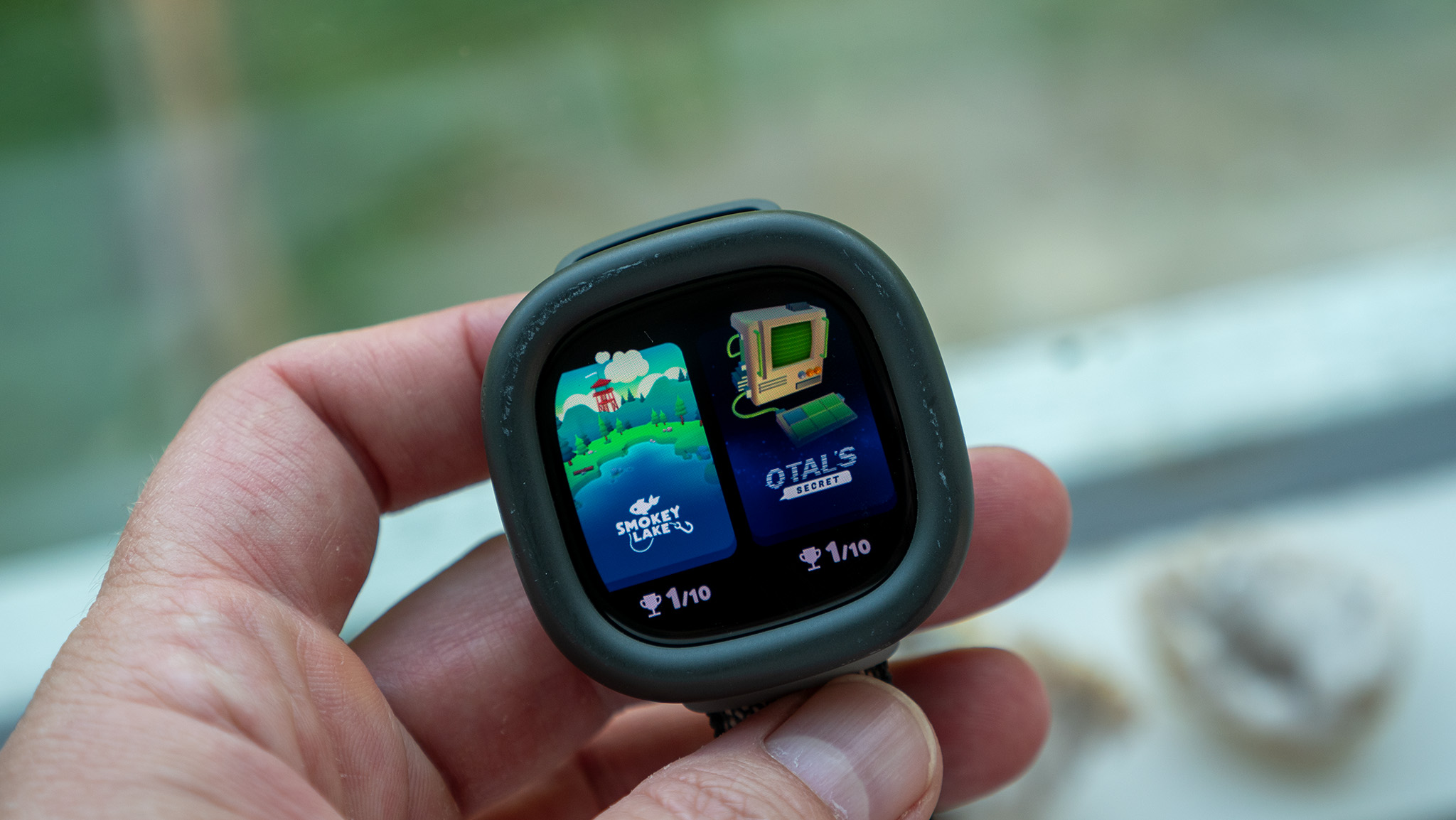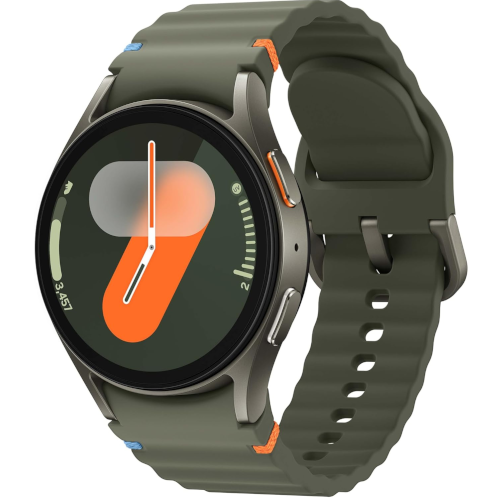
What you need to know
- HMD Global, Android phone OEM and former Nokia licensee, allegedly plans to make two Wear OS watches.
- The HMD Rubber 1 could have a built-in 2MP camera, 400mAh battery, tap-to-pay, and health tracking with HR and SpO2.
- The HMD Rubber 1S would have a smaller OLED display and battery with no built-in camera or NFC, but still have 5ATM protection and Qi charging.
Wear OS has had a resurgence in recent years, bringing Android OEMs like OnePlus and Xiaomi back into the fold. Now, HMD Global — which has never made a Wear OS or Android Wear watch — may have two Android smartwatches in the pipeline.
Frequent HMD Global leaker @smashx_60 (via NotebookCheck) posted last Thursday that the company would launch the HMD Rubber 1 and HMD Rubber 1S, with both watches running Wear OS.
The Rubber 1 sounds like the premium model, with a 1.85-inch OLED display, 400mAh battery capacity, Bluetooth 5.3 and WiFi support, NFC payments, HR and SpO2 sensors, and 2MP camera sensor. Given that display size, it most likely uses a squircle display, which would be a first for Wear OS.
HMD RUBBER 1- oled 1.85" display - 5ATM Waterproof - BT5.3, WiFi, NFC, Accelerometer, heart rate, SpO2- 2MP CAM- Wear OS- 400mAh, USB-C, QiHMD RUBBER 1S- oled 1.07" - 5ATM Waterproof - BT5.0, WiFi, Accelerometer, heart rate, SpO2- Wear OS- 290mAh, USB-C, QiMay 29, 2025
We don't know what purpose this watch camera would serve, but given that Apple allegedly canceled its camera-embedded Watch in May, it's intriguing to see HMD take a shot at one. If it faces upward, it could support selfies, face authentication, or video calling; if it points outwards, it could take photos, though not with very good resolution quality.
We assume the HMD Rubber 1S is the budget model, with a 1.07-inch OLED display, 290mAh battery, Bluetooth 5.0, and no NFC or built-in camera. It does have an accelerometer for step counting and activities, with HR and blood oxygen data for (presumably) health and sleep tracking.
We don't have any leaked details on price, release date, or whether the HMD Rubber 1 would use the current Wear OS 5 or a different version. But the name "Rubber" implies that it may use rubber materials, possibly to make them durable enough to survive rough treatment from kids.
These HMD watches may target kids rather than adults

Notebook Check points out that Nokia partnered with Xplora, "a leading provider of smartwatches for children," last October. Their promised aim is to deliver "responsible and mindful devices for young people" and "introduce them to the world of technology in a safe and balanced way."
This is a growing focus for HMD, which also announced the HMD Fusion X1 phone for teens earlier this year. And when it comes to kids' smartwatches, many of our current favorites have either one or two cameras, most commonly a selfie cam for calling parents.
Normal smartwatches rarely need cameras. They need to sync with a phone to work, so why bulk up the watch with an inferior sensor to whatever's on your phone? But a kid may not have a phone yet, as a standalone watch is easier for parents to monitor and prevents too much screen time.
Google and Samsung announced Galaxy Watch for Kids earlier this year, adding a new version of Wear OS to the Galaxy Watch 7 LTE with dedicated "teacher-approved" kids' apps, activity monitoring via Google Family Link, and GPS-based location monitoring.

Perhaps Google will announce a more general "Wear OS for Kids," one that's designed to work with squircle displays — possibly similar to the Fitbit Ace LTE OS.
The leak didn't mention LTE calling, GPS geofencing, or other common kids' watch features, so it's not a guarantee that the Rubber 1 series targets kids. It's just the most likely possibility.
Whatever the target audience, we're just as fascinated by the idea of the first squircle Wear OS watch. Wear OS 6 shapes its content for rounded display edges; it wouldn't fit a square-shaped display. But if the HMD Rubber 1 has a 1.85-inch OLED display, that's far too large for any normal circular display, making a squircle most likely.
That would require a serious Wear OS UI redesign for Google. And if it pulls off this redesign for HMD Global, other OEMs like Samsung could use the squircle UI for their own watches, in theory.

The Samsung Galaxy Watch 7 LTE can be converted into a standalone kids' watch, provided you have a Samsung phone to set it up. Otherwise, it's our top pick for best Android smartwatch on the market, with fast performance, a bright display, great health sensor accuracy, and four years of Wear OS software support.







